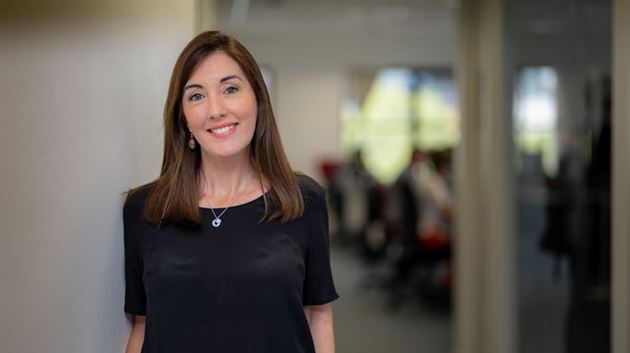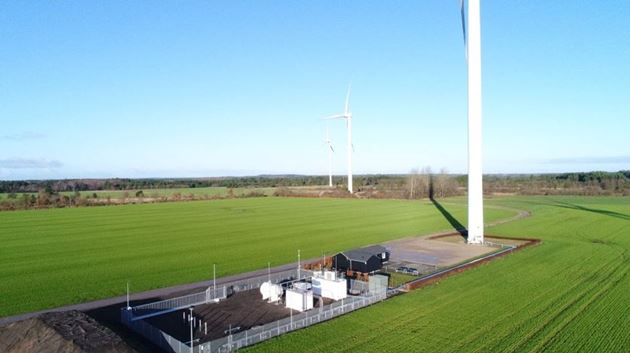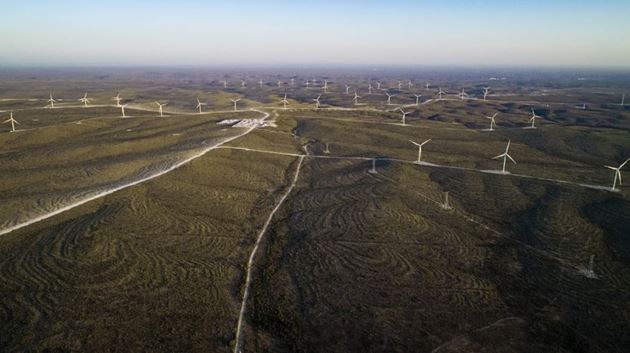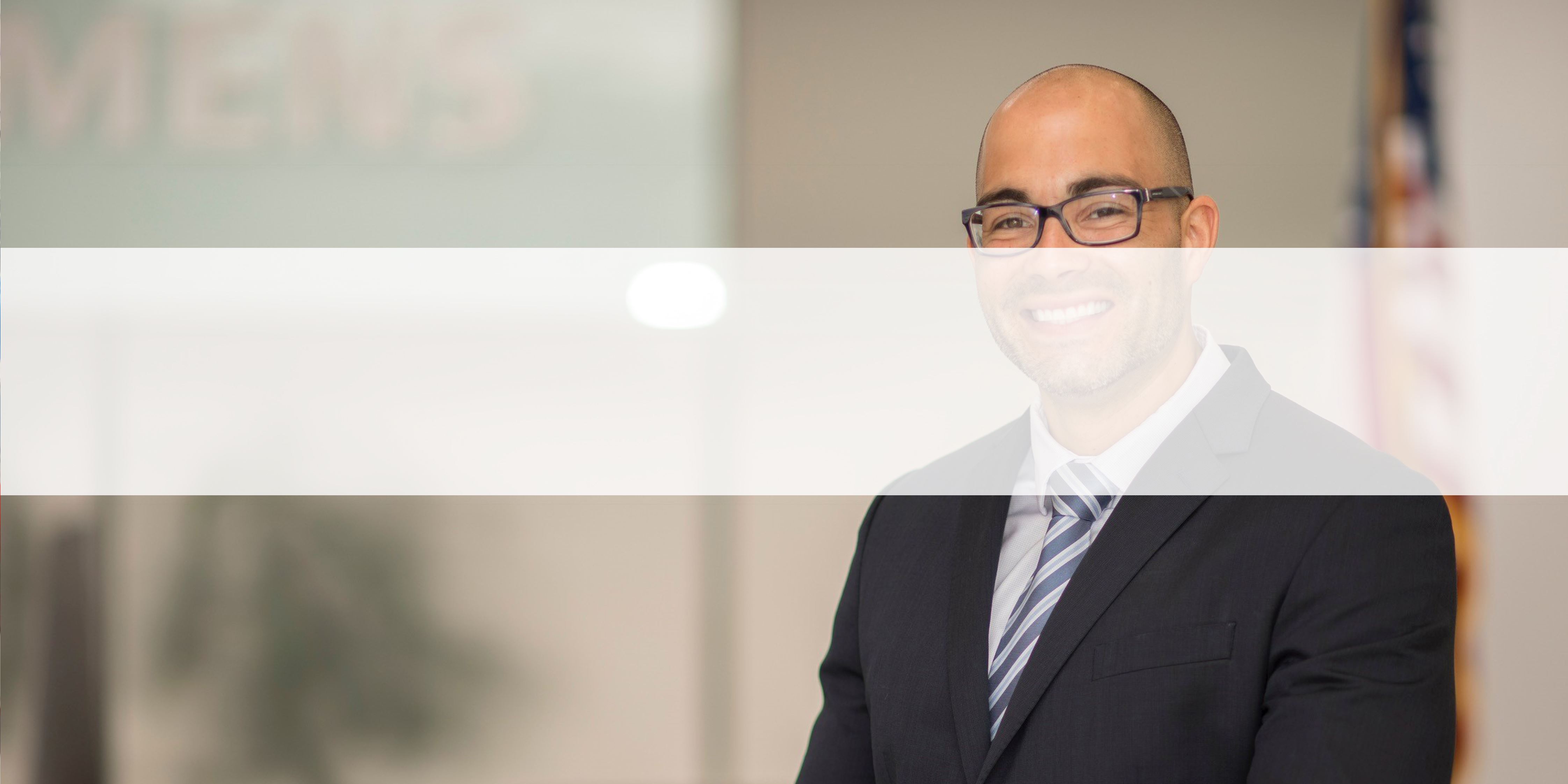
“We must stand up against racial prejudice and intolerant attitudes”
An interview with David Ortiz
At Siemens Gamesa, we are driven by our people - from over 100 different countries, they build the company we are each day. Diverse thinking, broad cultural diversity and a gender balanced workforce make us more innovative and creative. With racism on the rise in recent years, Siemens Gamesa is taking a firm stand against racism and racial discrimination. In line with the targets of the International Day for the Elimination of Racial Discrimination, we aim to foster a global culture of tolerance, equality and anti-discrimination.
We spoke with David Ortiz, Head of Human Resources for the Americas Region at Siemens Gamesa, about the role that businesses must play in creating the change necessary to eliminate racial discrimination, among other things.
Yesterday was the International Day for the Elimination of Racial Discrimination.

For the Americas region, I developed a Best Place to Work framework in 2020 that identifies specific actions we will take to further promote a work culture that adds value to our employees' lives on more than just a base salary. To date, we have established Diversity and Inclusion Councils across the Americas and have conducted a pay equity analysis focused on markets, race and gender disparities. This framework will evolve over time, and I am proud to say that our employees are responding enthusiastically to our efforts.
We also took it upon ourselves, with the support of the Americas CEOs, to increase maternity and paternity leave to support our working parents at this very special moment in their lives. It is my philosophy that organizations cannot say we want to be industry leaders and then ask for benchmark data. Industry-leading means we are the benchmark.
And last, but not least, we are striving to be more diverse in our hiring practices and are now partnering with historically black colleges and universities in the U.S. as an important step.
That is why we joined with other clean energy industry leaders last summer to release an industry statement acknowledging our responsibility to drive the change needed to eliminate racism and racial discrimination. The statement is a testament to our commitment to all aspects of our mission statement, which is "We make real what matters."
In addition, I'm proud that in 2020, we launched the first Diversity and Inclusion Council for Siemens Gamesa in North America - recognizing the recent social justice movements here in the United States. The senseless shooting of Asian Americans in Atlanta last week shows that our push for more action against racism is important and urgently needed.
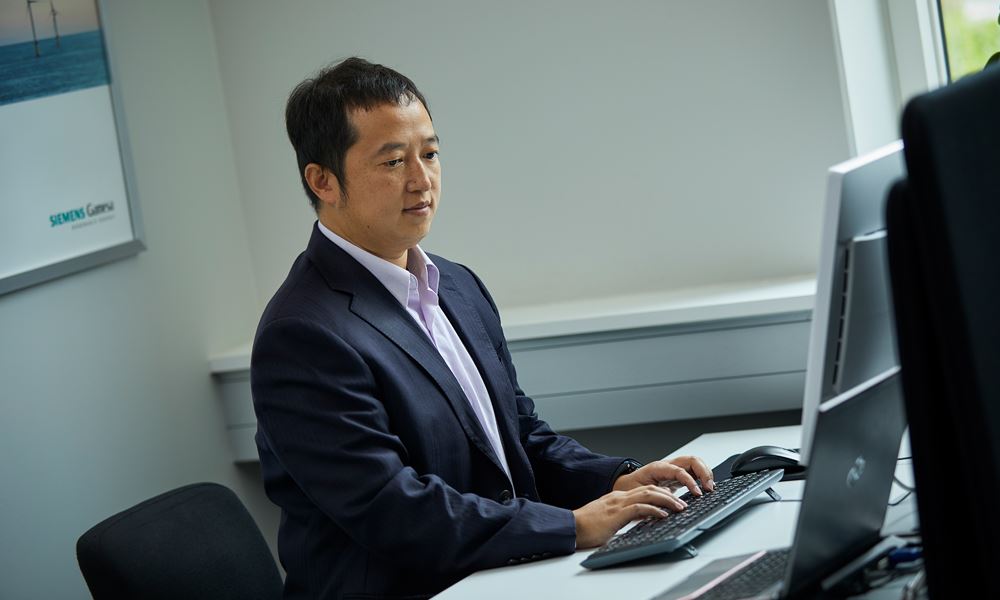
Employers everywhere were facing scrutiny with their employees, and we at Siemens Gamesa realized that doing nothing was a "choice," and that was not the choice we were willing to make.
As a Hispanic male and first generation born in the United States, I too have experienced racial discrimination and know what it is like to when people don’t understand my upbringing or relate to my challenges.
As Head of Human Resources for the Americas region, I have the power to drive inclusion and change in the workplace - in my region, but also globally. To look back and have done nothing with that authority is something I would just be ashamed of.
#CelebratingDiversity

